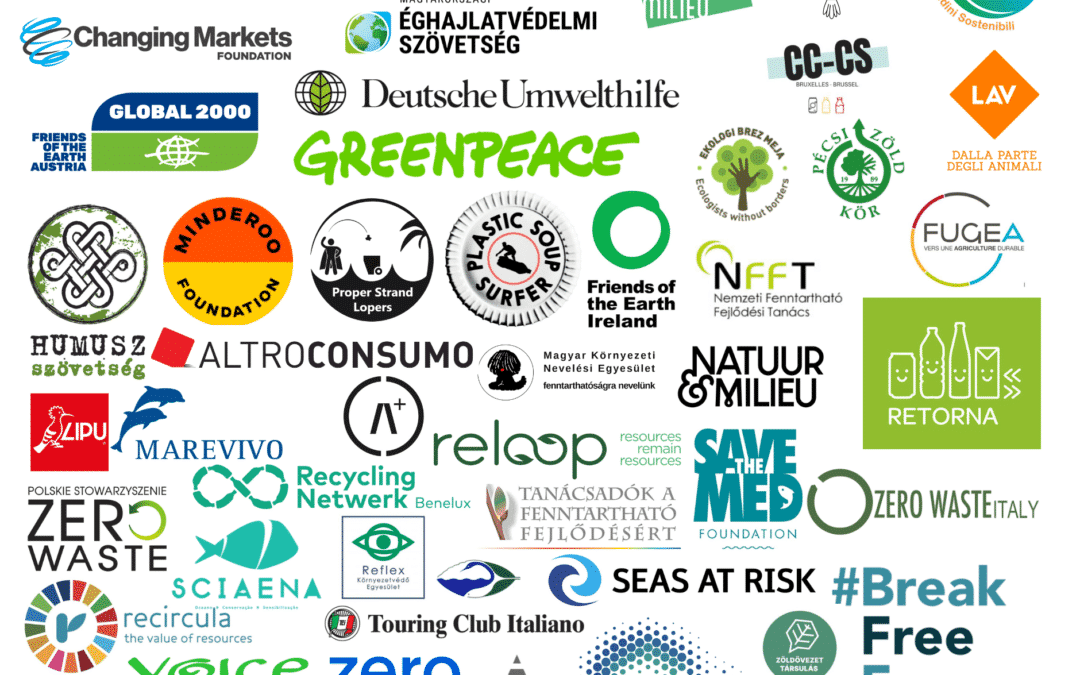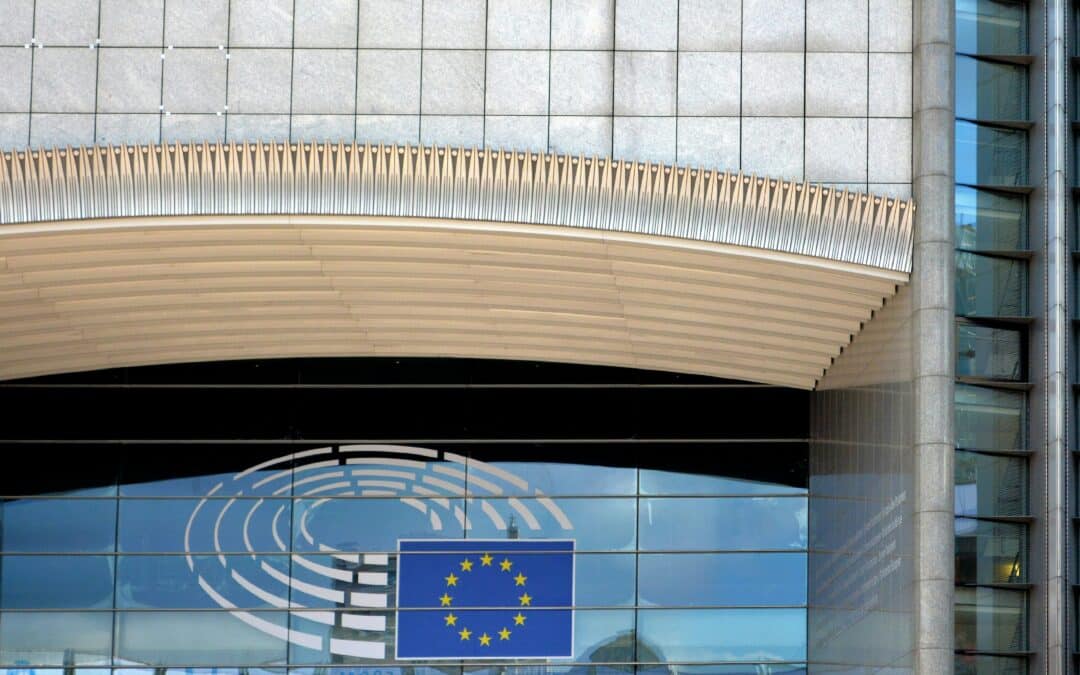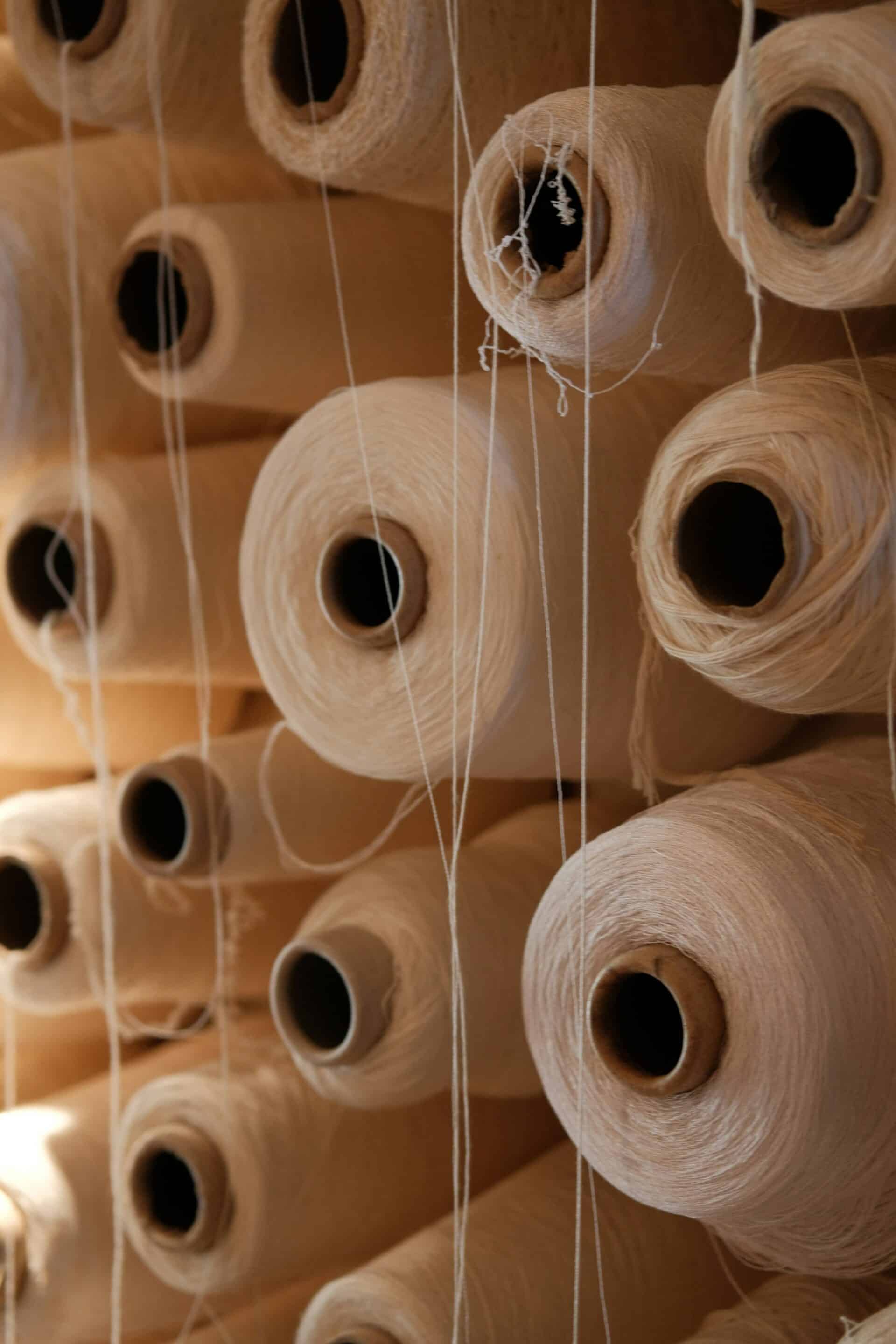The introduction of the Circular Economy Act is an important opportunity for the European Union to develop a comprehensive legislative framework that accelerates the circular transition that is so urgently needed within Europe. The current geopolitical tensions provide an opportunity to truly question the linear way in which the European economy has traditionally been functioning, and showcase how a more independent, sustainable economy should take shape.
Need for a future-proof European level playing field
As an environmental NGO, Fair Resource Foundation welcomes the initiative of the Circular Economy Act. (Harmonized) rules on Extended Producer Responsibility (EPR), the introduction of Deposit Return Schemes (DRSs), circular public procurement and progressive taxation are all pillars for future-proofing the EU economy.
However, it is crucial that this opportunity is used to create a long-term level playing field for new and existing circular businesses and initiatives, with a focus on prevention of products and materials, reuse, sharing-economy, repair, refurbishment, remanufacturing, and high-quality recycling. At the moment, this level playing field is not there due to unfair competition of products made from cheap, low quality materials that overflow the European market, thereby affecting all stakeholders working within circularity. Many circular pioneers in the Netherlands (New Optimist, Schreuder, Umincorp, i-did) and other European countries are going bankrupt as a result of the lack of fair market conditions. In 2024 alone, five Dutch plastic recyclers went bankrupt, let alone many small businesses working on prevention and reuse.
Robust legislation is therefore essential to establish a fair and competitive market. This must go beyond environmental policy alone and should include progressive taxation measures and targeted (import) bans on polluting products. Producers look to European decision-makers for clear guidance and harmonization; instead, they currently face fragmentation and a lack of direction toward a more resource-efficient EU economy.
We therefore call for legislation built on a clear, furniture-oriented vision that provides market stability and investment security. Deregulation is not the solution, as it undermines this needed market stability and instead creates uncertainty – particularly when existing legislation is withdrawn after being passed.
Recommendations for a Circular and Competitive Europe
In line with our expertise, below we outline specific recommendations around the need for stronger extended producer responsibility schemes and market creation for secondary resources.
Improved Extended Producer Responsibility
Extended Producer Responsibility (EPR) schemes cannot reach their full potential as enablers of the circular economy unless legally binding circular targets – focusing on prevention, reuse, repair and closed-loop recycling – are established by legislators, transparency is enhanced, control and enforcement are planned for, and a minimum level of harmonization is achieved at the European level.
Producers operating across multiple Member States currently face a wide range of differing obligations, which creates unnecessary complexity and administrative burden. While it is important that Member States retain the flexibility to adapt European legislation to their local context and to increase ambition, a certain
- The types of targets to be achieved;
- Mandatory inclusive governance structures for Producer Responsibility Organizations (PROs);
- Dedicated funding for activities such as reuse, repair, closed-loop recycling, and education / awareness-raising;
- Funds allocated for waste management outside the EU when products are exported.
Additionally, a European register could prevent free-riding and ease the administrative burden for producers. A similar initiative is planned for Packaging EPR within the Packaging and Packaging Waste Regulation (PPWR, art. 44) and can serve as a base that should be expanded on and extended to all European EPRs.
Importantly, governance issues within EPR schemes are currently obstructing the efforts of key stakeholders – such as social enterprises, municipalities, and recyclers – in delivering well-performing circular systems. At present, the boards of most PROs are predominantly composed of representatives from a limited number of large producers, which does not adequately incorporate the perspectives of other textile actors nor ensure sufficient accountability for the performance of the PROs. The CEA should therefore mandate the inclusion of a broad group of stakeholders in the product value chain in both national legislative processes (the design of EPRs) and within the governance of the PROs themselves.
For more information about improvement of EPR, see our manifesto for strong Belgian EPR on textiles and our broader position paper on the improvement of EPR.
Key Role for Secondary Resources in Circular Transition
The production and uptake of recycled feedstock in products is not yet at a scale needed for a circular economy. The most important reasons being the lack of level playing field compared to virgin materials and the deemed quality of the secondary resources.
While it is true that some secondary raw materials are of lower quality than their primary counterparts, this is not a universal characteristic. For example, recycled plastics and paper often have reduced quality and performance compared to virgin materials, which limits their applications. By contrast, materials such as stainless steel or glass can be recycled at
Looking at plastics specifically, we see that while governments are setting circular economy ambitions, the petrochemical industry continues to massively invest in the production of virgin plastics. Because virgin plastics remain cheap, recycling struggles to compete economically. In Europe, plastic production is declining as international competitors are able to produce at lower costs. Countries such as China and the United States benefit from state support and relatively low fuel and feedstock prices. Some describe this decline in European production capacity as a serious threat to the transition towards circular plastics. In essence, this argument implies that maintaining polluting industries is necessary to retain leverage for future sustainability transitions.
The Circular Economy Act is a pivotal opportunity for the EU to create fair market conditions that reward prevention, reuse, and high-quality recycling, that use public procurement as an opportunity to scale-up circular initiatives, and that links circularity with progressive taxation. We call upon policymakers to adopt ambitious, harmonized measures that strengthen circular businesses, reduce dependence on virgin materials, and secure a resilient, competitive European economy.
Related Tags

Packaging and Packaging Waste Regulation (PPWR) – an overview
The entry into force of the revised Packaging and Packaging Waste Regulation (PPWR) on February 11th 2025 brings large changes in the way packaging is managed in Europe. In this article, we give an overview of the main provisions of this Packaging regulation.
![[Position paper] On the road to ambitious Deposit Return Systems all over Europe](https://fairresourcefoundation.org/wp-content/uploads/2024/04/alexandre-lallemand-Pcs3mOL14Sk-unsplash-1080x675.jpg)
[Position paper] On the road to ambitious Deposit Return Systems all over Europe
While the general ambitions of the Packaging and Packaging Waste Regulation (PPWR), especially regarding the reuse targets, have been largely watered down by industry lobbies, we do still welcome the direction given to DRS in the new revision of the PPWR. With this joint letter – signed by 50 European organizations – we comment on the regulation, which consecrates DRS as a solution to increase selective collection, foster reuse and harmonize beverage packaging collection in Europe.

50 organizations advocate for effective DRS in the PPWR
While the negotiations about the Packaging and Packaging Waste Regulation (PPWR) are still open, fifty organizations from 13 European countries make a call for the implementation of a solid and effective Deposit Return System (DRS) for beverage containers in all members states.



